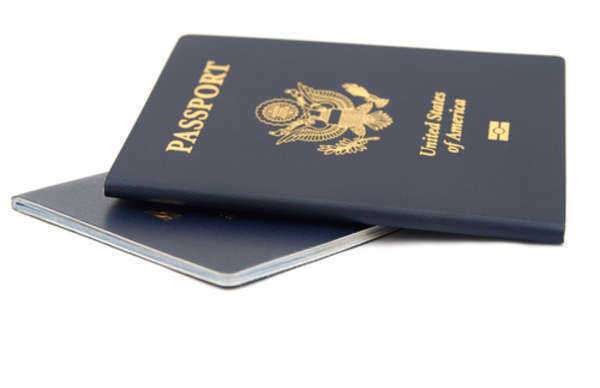All You Need to Know About Country of Residence
As there no universal tax law for every nation on Earth, the taxes that a person pays is based on the tax law established in his or her country of residence. A residence is the permanent home of a person and typically entails citizenship as a condition of residence.
As such, each country has their own legal methods of tax avoidance. For example, the Supreme Court of the United States defines tax avoidance as a legal practice so long as it is conducted in the proper fashion through a ruling in Gregory v. HelveringMany tax avoidance schemes are constructed by using flaws or provisions with the tax laws of different countries. One of these tax avoidance schemes include moving to a different country while working in another.
This subjects that person to the tax laws of that country which may be less strict than those in the country in which that person works. Another of the various tax avoidance schemes that are employed by those seeking to not pay taxes is the concept of the "perpetual traveler". A perpetual traveler is a person who is not a legal resident, or citizen, of any the countries in which he or she frequents. This means that that person does not pay taxes and other duties that legally bind the residents of certain countries.

Other tax avoidance schemes that people use are the "Five Flag Theory" or the "Three Flag Theory". These tax avoidance schemes outline methods and rationales used by "perpetual travelers" and "world citizens" in which they attempt to avoid taxes and save more income than they would in nations that have strictly enforced tax laws.
Many of these people establish their residence in locations known as tax havens. A tax haven is a location where tax avoidance is possible as it imposes low taxes or none at all upon its citizens. There is no unified definition of what a tax have is, but there are several traits of what can be a tax haven.
Little or no taxes;
Refusal to provide tax information with outside authorities;
Lack of clarity in the means of taxation;
Citizens are not required to work in that location to receive tax breaks;
Consideration as an offshore financial center.
An example of a tax haven is the principality of Monaco which does not levy an income tax on its citizens and allows them to conduct their business practices in other countries without any penalties. While tax avoidance appears simple in locations like Monaco, it is considerably more difficult in other nations. In the United States, for example, citizens are taxed regardless of the location in which they are employed or earn income.
This means that if a resident of the United States works in Canada, he or she will be taxed by United States tax law with the potential to be taxed by Canadian tax law. For this reason many people seek citizenship in other nations with less stringent tax laws while relinquishing their citizenship in the United States. Contact tax lawyers for legal advice and assistance.